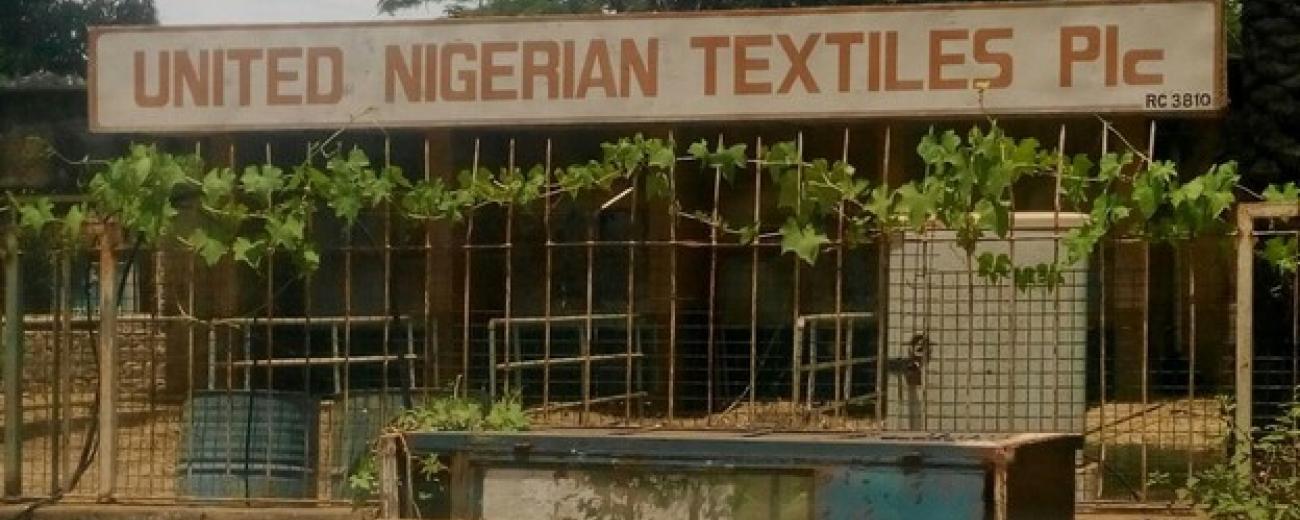
Factors underlying the collapse of Industries in Northern Nigeria and its impact on Society and Economy Since 1999

Key information
- Date
- Time
-
5:00 pm to 6:30 pm
- Venue
- Russell Square: College Buildings
- Room
- Djam Lecture Theatre
About this event
By Dr Salihu Mustapha Zubairu, Department of History, Faculty of Arts, Ahmadu Bello University, Zaria-Nigeria & A.G. Leventis fellow at SOAS University of London
Abstract
The paper shown that the industries in Northern Nigeria enjoyed prosperity and development for nearly two- and-a-half decades after 1954. Industrial decline began in 1976 with the nationalization and indigenization of the industrial sector of Nigeria. By the late 1980s a number of industries had collapsed as a result of the Structural Adjustment Programme (SAP) which gave room for second tie foreign exchange market. This resulted to a substantial devaluation of the naira, the abolition of import licenses, changes to import duties intended to reduce the protection of domestic industries and the import dependence of manufacturing, the abolition of export duties, deflationary management policies, deregulation of the banks, and a programme of privatization for some parastatals. Production and use of locally produced basic intermediate inputs by local industries were discouraged. The profitability of local production compared to imports fell significantly because of the substantial depreciation of the exchange rate of the naira against major international currencies. The study also establishes that other factors had contributed immensely to the decline and eventual collapse of industries in Kaduna state, import of foreign goods and materials, lack of proper control of borders, and the negligent attitude of politicians with the helm of the country’s affairs in their hands, production of inferior goods, corruption, and unfavourable and multiple taxation, among other things. The study also establishes that the collapse of industries in Kaduna state has created a wide economic gap which may take a long time to be filled. The effects include widespread unemployment, with hundreds of thousands of workers losing their jobs, particularly in the manufacturing industries such as textiles and food processing; widespread insecurity and interethnic religious crises in virtually all the nooks and crannies of Kaduna state. In fact the current security challenges that the country faces have a direct connection with the proliferation of unemployed youths. Poverty and popular hostility are increasing, which has created a huge problem the state which is finding them very difficult to contain. Finally, the study offers suggestions for the way forward. The challenges facing the power sector (shortages) must be squarely addressed, especially in the areas of energy generation, transmission, and distribution; corruption; unfavourable policies and multiple-taxation. When these are addressed, Kaduna State and Nigeria in general can be reindustrialized since they have both the human and mineral resources for such enterprise.
Chair: Dr Wayne Dooling (CAS/SOAS)
Discussant: Dr Hamisu Salihu (SOAS)
Event recording
Organiser: SOAS Centre of African Studies
Contact email: cas@soas.ac.uk


